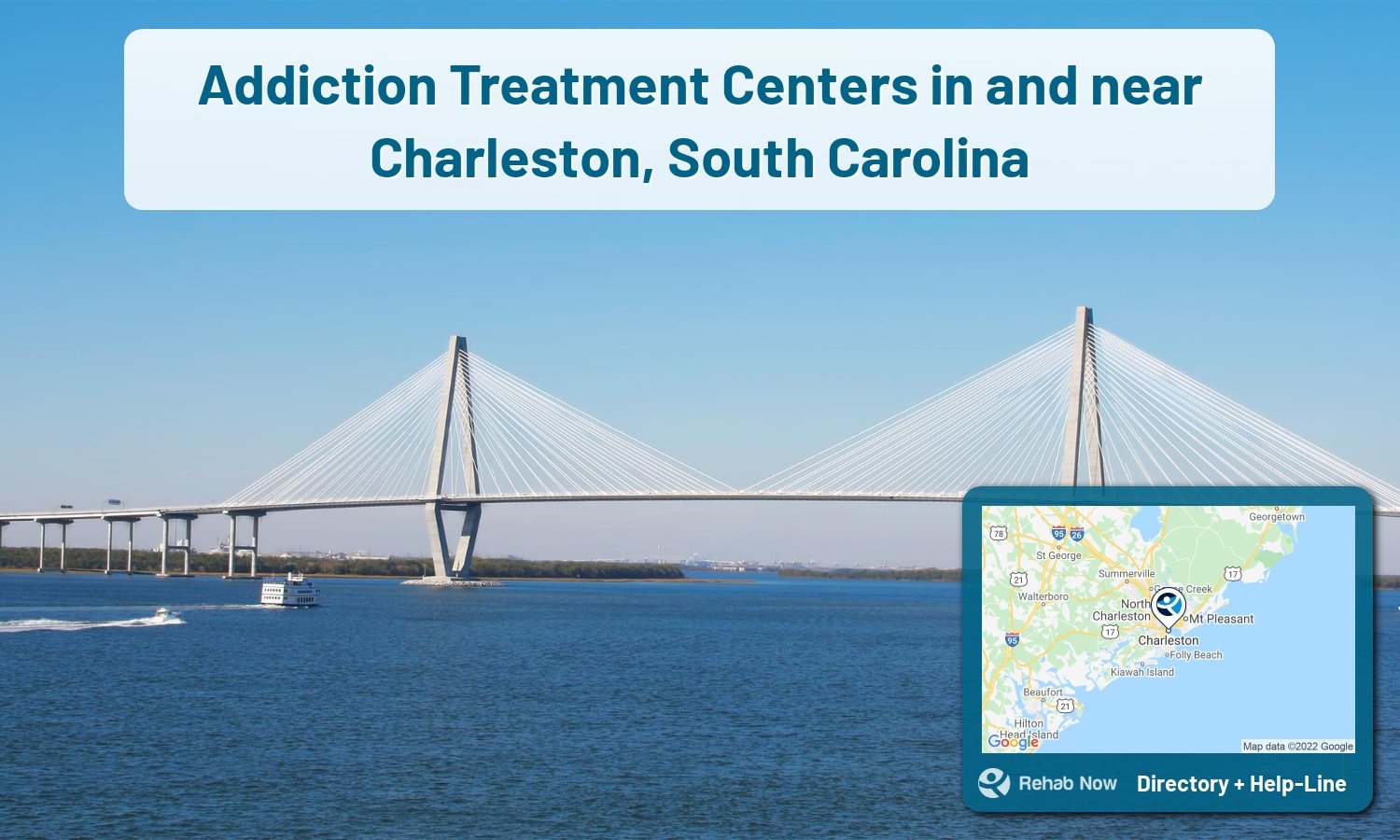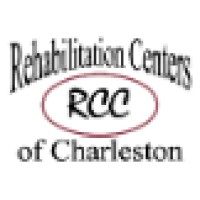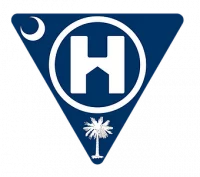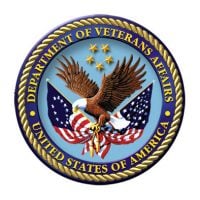Addiction Treatment Centers in and near Charleston, South Carolina
Many people who live in and near Charleston, South Carolina, have a drinking or drug problem. Addiction treatment centers can help people get sober through detoxification and rehabilitation. Sometimes, a person needs additional medical assistance to deal with the impact of drinking or drug use on their body.
The Charleston, South Carolina area has long grappled with a serious drug addiction and abuse problem. According to recent statistics, drug abuse is one of the biggest problems in South Carolina. Some of the most commonly abused drugs include cocaine, heroin, and methamphetamine. These drugs have taken their toll on the Charleston community, leaving many struggling with addiction and seeking help from Charleston drug treatment centers.
Our directory includes a lot of services available in Charleston, ready to help you or a loved one lead a safe and clean life, away from opioid abuse in South Carolina. Find out about a facility on our list below that suits your needs, or contact us for individual recommendations.
Contact Your South Carolina Admissions Expert
We will help you find treatment based on your location, budget, and specific needs and help you get started safely.
Free + Confidential Consultation
Browse 24 Centers in Charleston, South Carolina
The Medical University of South Carolina - Psychiatry in Charleston, South Carolina offers comprehensive addiction and substance abuse care, including aftercare support, detox, inpatient and outpatient services, and mental health services, with a highly trained staff dedicated to creating a safe and supportive environment for long-term sobriety.
Charleston Center in Charleston, South Carolina offers comprehensive addiction treatment services including detox, rehab, and aftercare support, and is accredited by CARF and SAMHSA. They provide evidence-based treatment methods tailored to each patient's individual needs, with a focus on long-term sobriety and successful recovery.


Rehabilitation Centers of Charleston
Rehabilitation Centers of Charleston in Charleston, South Carolina offers personalized, evidence-based treatment for addiction and substance abuse, including inpatient, outpatient, and aftercare programs, with a focus on a variety of therapeutic modalities and comprehensive support services.
Oxford House - Charleston
Oxford House - Charleston is an addiction treatment facility in Charleston, SC that provides inpatient services, including medically-monitored detoxification, medication management, group therapy, family therapy and individual counseling, along with resources for aftercare planning. Additional aftercare support is provided after treatment to ensure long-term sobriety, such as housing assistance, job placement programs, and financial resources.
The Medical University of South Carolina (MUSC) offers state-of-the-art medical care and clinical services including specialized care in emergency medicine, critical care, mental health, and substance abuse services.



Dorchester Mental Health Center - Charleston
Dorchester Mental Health Center - Charleston provides exceptional quality mental health services and treatment for addiction and substance abuse issues in a safe and secure environment, tailoring their evidence-based therapies to each individual's unique needs.
Oxford House - Stono Park
Oxford House - Stono Park in Charleston, SC provides personalized care in an inclusive environment to help those battling substance abuse and drug addiction, offering inpatient treatment as well as group and individual therapy, in addition to relapse prevention and aftercare services.
Lowcountry Psychotherapy
Lowcountry Psychotherapy in Charleston, South Carolina offers addiction treatment services with a focus on comprehensive and innovative therapies to help individuals manage their substance abuse and drug addiction.
Associated Spine and Rehabilitation Center
Associated Spine and Rehabilitation Center in Charleston, South Carolina provides comprehensive care for addiction, mental health issues, and chronic pain through a holistic approach that combines traditional medical practices with alternative therapies, lifestyle changes, and relapse prevention methods, and has earned several awards for their services.
Heartland of West Ashley
Heartland of West Ashley offers evidence-based drug rehab services, including inpatient levels of care, medication-assisted treatments, and aftercare services to support clients in sustaining long-term sobriety.
Charleston Pediatric Rehabilitation
Charleston Pediatric Rehabilitation is a specialized center in SC that offers comprehensive inpatient and outpatient programs for young individuals with substance abuse and drug addiction, including various treatment options, medication management, and family therapy in a supportive and confidential environment.
Tri County Behavioral Health
Tri County Behavioral Health in Charleston, South Carolina provides mental health and addiction recovery services to individuals regardless of their background or financial situation, with a variety of trauma-focused counseling, medication management, in-home services, and emotional support programs.
AA - Alcoholics Anonymous - North Area Group
Oxford House - Wappoo Hall
Oxford House - Wappoo Hall is a CARF-accredited and licensed sober living home in Charleston that provides a supportive and structured environment for people in recovery from addiction through individualized programs and plans, 24-hour peer supervision, and various activities and seminars.
Patch
Patch in Charleston is a comprehensive addiction treatment center that offers evidence-based treatment modalities and holistic services to help individuals overcome substance abuse and addiction, and provides continued support throughout the recovery process with a customized program that includes individual therapy, group therapy, medical detoxification, medication-assisted treatment, family counseling, and more.
Alternatives Life Improvement Center
Alternatives Life Improvement Center offers personalized, evidence-based drug rehabilitation programs with 24/7 medical supervision, psychotherapy, 12-step work, life skills education, and aftercare planning to help individuals struggling with addiction.
Proactive Therapy
Proactive Therapy is a respected substance abuse treatment center in Charleston, offering personalized care, a team approach to treatment, and aftercare services to help individuals struggling with substance abuse and related issues achieve sustained recovery.
Rehabilitation Centers of Charleston
The Rehabilitation Centers of Charleston is an inpatient treatment facility for those suffering from substance abuse, offering individualized treatment approaches and evidence-based curriculum to help patients build a foundation of stability and a drug-free lifestyle.
Plantation Plaza Therapy Center
Plantation Plaza Therapy Center offers comprehensive addiction treatment services for individuals with substance use disorder in South Carolina, including evidence-based treatments such as cognitive-behavioral therapy, motivational interviewing, and nutrition counseling, and is accredited by JCAHO and licensed by the South Carolina Department of Mental Health.
Positive Feedback Professional Counseling
Positive Feedback Professional Counseling is a treatment center in Charleston, South Carolina that offers a variety of evidence-based services for people dealing with addiction and substance abuse issues, including individual and group counseling, medication-assisted treatment, life-skills training, and specialty therapies such as trauma-informed care, music and art therapy, and equine-assisted therapy.
Proactive Therapy
Proactive Therapy is an addiction treatment center in South Carolina that offers individualized, evidence-based treatment plans to help individuals overcome addiction and achieve long-term recovery, with a focus on changing thought patterns to prevent relapse, while also providing physical health, mental health and nutritional support.
Christian Spiritual Cleaning Service
Christian Spiritual Cleaning Service in Charleston, South Carolina offers addiction and substance abuse counseling and rehabilitation services, specializing in spiritual healing and providing a wide range of services including outpatient and inpatient programs, life skills coaching, education, relapse prevention, and support services such as education and vocational training programs, housing assistance, nutrition counseling, and legal aid.
Clinical Solutions of Charleston
Clinical Solutions of Charleston is an accredited addiction treatment center offering a variety of evidence-based services including detoxification, residential treatment, intensive outpatient treatment, and aftercare, as well as specialized programs for family support and trauma treatment.
Drug and Alcohol Treatment in Charleston, SC
The best way to treat drug addiction is through professional treatment. Charleston drug treatment centers can help recovering addicts detox, recover from withdrawal symptoms, and learn the skills necessary to live a sober life. Treatment will also help them understand their addiction and how it began.
Many of these facilities are based in residential homes where recovering addicts live during their time in rehab. Treatment will include individual therapy sessions with licensed therapists and group therapy that focuses on peer support. Family therapy may be scheduled for some patients or offered after they leave rehab if family members need assistance with coping skills or managing urges to use drugs or drink alcohol. Some patients may join Alcoholics Anonymous (AA) or Narcotics Anonymous (NA).

Government initiatives and resources to help with addiction in Charleston, South Carolina
The Charleston, South Carolina government has been doing its part to help those suffering from addiction. There are many initiatives and resources available to help those looking for help.
One such initiative is the provision of funding for addiction treatment. This funding is available through various programs, including the Substance Abuse and Mental Health Services Administration (SAMHSA) and the Department of Health and Human Services (HHS). The SAMHSA offers grants to state and local governments. In contrast, the HHS offers block grants to states that can be used for various purposes, including addiction treatment.
Drug Abuse Statistics in Charleston, South Carolina
Drug abuse statistics in Charleston, SC, show that drug addiction is a major problem. In 2015, more than 4% of adults aged 18 or older living in Charleston were dependent on illicit drugs or alcohol. That’s about 7,500 people out of 70,000 total adult residents. The rate was also high among young adults aged 18 to 25, with 6% who met the criteria for dependence and 3% who had an opioid use disorder.
- Approximately 8% of people living in South Carolina suffer from drug or alcohol dependency.
- 45.8% of people ages 12+ used illicit drugs in their lifetime.
- 15.4% of young people ages 12-17 used illicit drugs in the past month.
- According to SAMHSA data, approximately 3.6 percent of teens abused prescription painkillers or abused cough medicine to get high in 2010.
Additional Treatment Centers in South Carolina
More than 610,000 of South Carolina residents, or a staggering 11.9% of the state population, uses illicit drugs and another 230,000 residents abuse alcohol every year. A majority of the illegal drugs used and abused are opioids. Marijuana use and underage drinking occur amongst the young residents of this state–though at a lower rate compared to the national average.
Still haven't found the right recovery center? Browse nearby South Carolina cities.
- Awendaw, SC (26.2 mi.)
- Myrtle Beach, SC (87.7 mi.)
- Moncks Corner, SC (28.7 mi.)
- Ladson, SC (16.7 mi.)
- Summerville, SC (20.8 mi.)
- Saint Matthews, SC (77.5 mi.)
- Walterboro, SC (42.5 mi.)
- Gaston, SC (97.6 mi.)
- Sumter, SC (81.7 mi.)
- Saluda, SC (134.7 mi.)
- Vance, SC (52.6 mi.)
- West Columbia, SC (105.9 mi.)
- Charleston, SC (24)
- Columbia, SC (24)
- Greenville, SC (21)
- Florence, SC (14)
- Spartanburg, SC (12)
- Rock Hill, SC (12)
- North Charleston, SC (10)
- Myrtle Beach, SC (10)
Treatment for Addiction in Charleston, SC
The best way to treat addiction is through medical and therapeutic interventions. Many drug treatment centers in Charleston offer detox programs to help patients withdraw from drugs or alcohol safely. A period of monitored abstinence will allow the mind and body to recover from substance abuse before engaging in therapy.
During this time, medical professionals can monitor any health complications such as withdrawal seizures or acute psychiatric problems (e.g., psychosis).
Patients who use opioids may need additional pain medications during detox because they risk developing acute withdrawal symptoms like muscle spasms and restlessness when they stop taking them suddenly. Opioid replacement therapies like methadone and buprenorphine (e.g., Subutex) can be effective for these patients.
After detox, patients with moderate or severe addiction may engage in a residential treatment program. This is where they live on the grounds of a treatment center and receive intensive therapies throughout the day with other patients struggling to recover from drug addiction. Patients spend about six months or longer at these facilities to learn coping without retaking drugs.
Many medical professionals will recommend a combination of therapies for the best results. Patients may be treated by individual therapists, group therapy, family therapy, or participate in support groups like AA or NA.
How to Choose a Drug Treatment Center in Charleston, SC
It can be challenging to know where to start if you’re looking for a drug treatment center in Charleston, SC. There are many different options, and each one offers its own set of services and programs. How do you choose the right one for you or your loved one?
The first step is to decide what you need from a drug treatment center. What are your priorities? Do you need a facility that offers detox services? Are you more interested in residential treatment, or would outpatient care better suit your needs? Do you want a program specializing in treating opioid addiction, or does any drug addiction treatment program work for you?
Once you’ve narrowed down your options based on what’s important to you, the next step is to determine if the facility meets your state’s licensing requirements. This ensures that it holds current permits and follows all necessary safety protocols. Licensing also helps you determine how reputable a facility is, which can help you choose between programs with similar services.
Finding the Best Drug Treatment Facility in Charleston, SC
It can be difficult for people struggling with addiction on their own to know where they should go for drug treatment in Charleston, SC. They may know some facilities but not others, or they may want recommendations from others who have been through rehabilitation before.
One way you can find a great rehab center near Charleston is by asking people who are already in recovery about what helped them the most during their time at their drug rehab. You can also talk to the professionals you work with at your local community mental health center or rehab facility and find out what they recommend for inpatient and outpatient services. You might also speak with a family member or close friend who has experience helping someone else find the best drug treatment center.
Those struggling with addiction can find help through addiction rehab facilities in Charleston, SC. Get help now! (888) 674-0062.









